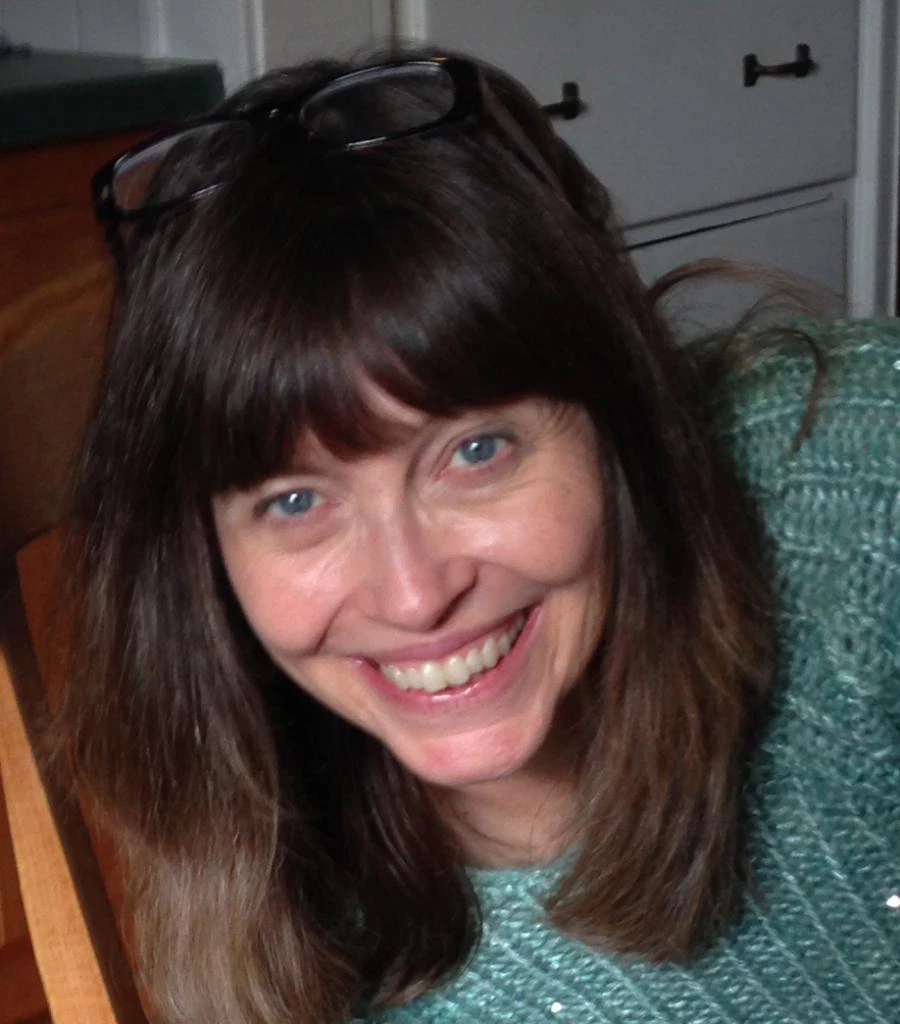
Kaushik held up an interesting mirror for Albright, given his own multidisciplinary perspective as a former economic policy advisor for India (a big cacophonous democracy), as a professor keen to ignite young minds to think creatively about the world, and as a big thinker at an international institution. Most fascinating to me were his questions about the moral imperatives that guided her decisions in the Balkans as well as her ability to grapple with everything from nuclear negotiations to sanctions to a tenuous mission to Pyongyang in October 2000.
Delivering opening remarks to queue up the conversation, World Bank Group President Jim Yong Kim noted Albright’s multidisciplinary approach to statecraft and her trailblazing role in the realms of diplomacy, security and advocacy. Kim reflected on the need for new approaches to tough development challenges and noted how valuable and timely it was to have a trailblazing stateswoman like Albright to come to the Bank and publicly convey her own frank views at a time that the Bank Group is undergoing its own reform process to ensure our organization is ‘fit for purpose’ in a world where nation states and old-style international institutions cannot by themselves achieve the twin goals of ending extreme poverty and promoting shared prosperity. He presented Albright with a small ‘End Poverty’ pin – something to remind her of the Bank’s mission and her own abiding concern for the neediest among us.
After graciously accepting her pin, Albright launched in to the conversation with candor. She thinks many have lost faith in international institutions like the World Bank and the UN, though she thinks that if the UN didn’t exist, someone would undoubtedly have to invent it. In recent years Albright has partnered with big thinkers through her ‘Partners for a New Beginning’ group to engage non-state actors such as foundations, philanthropic groups, advocacy organizations and the private sector in thinking ‘outside the box’ about how to better tackle issues like improving agricultural productivity and solving the challenge of world hunger. She also spoke of the need to advance climate action at a time when ‘flat earthers’ still delude themselves that man isn’t the cause of today’s alarming climate change. She noted the importance of education as a fundamental common denominator in advancing development.
It was a lively conversation that covered lots of ground, with Albright gamely answering Kaushik’s questions about North Korea, about learning as an adult that she was actually of Jewish heritage and had relatives in Czechoslovakia who were persecuted by the Nazis; about Vaclav Havel putting her name forward as a future president of the Czech Republic, and about the moral considerations of US action in the Balkans.
Watch the opening remarks and conversation here.


Join the Conversation